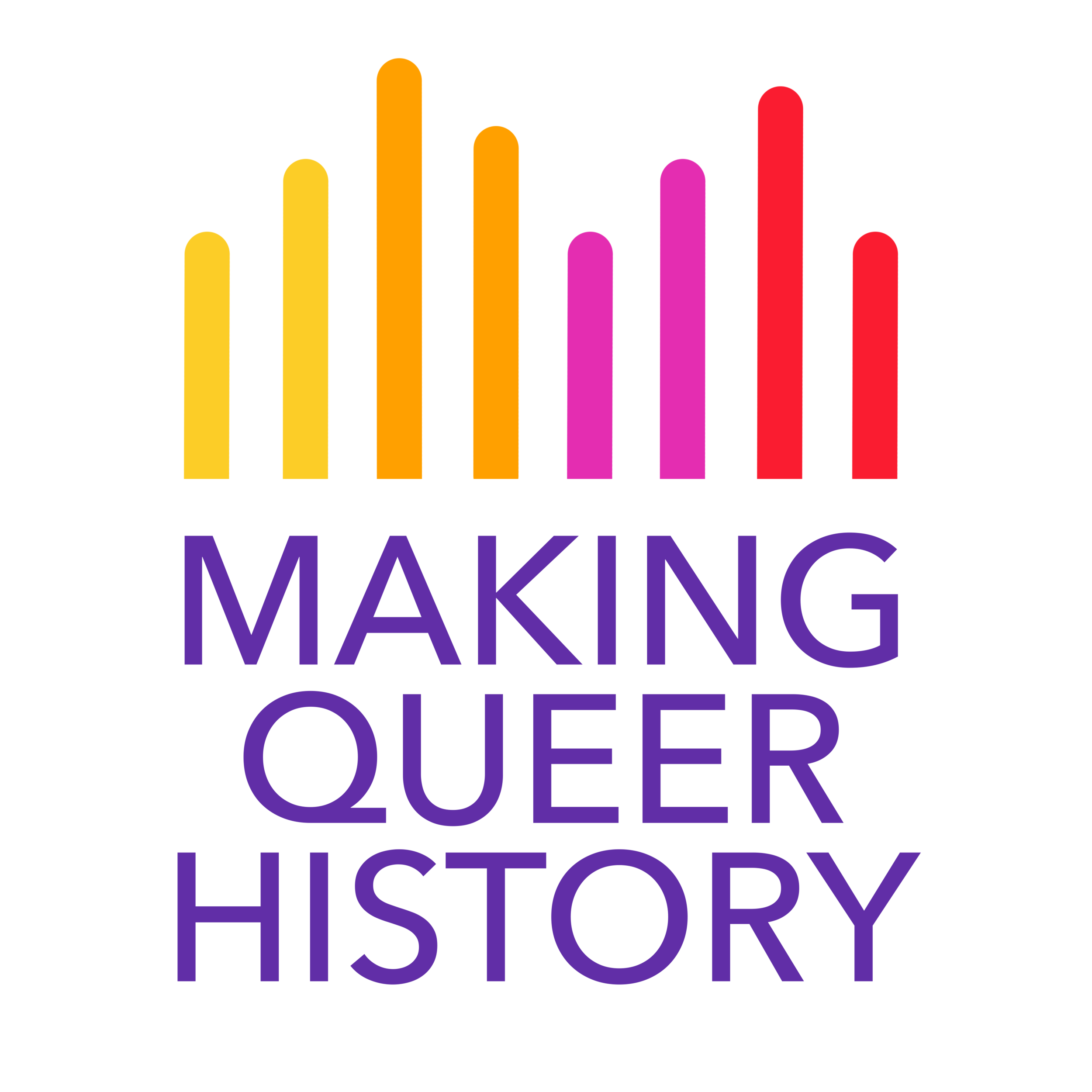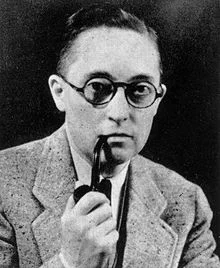One Year Ago Today
A year ago today, forty-nine people died. It was Latin night in a gay bar in Orlando, Florida, and a man came in and opened fire, killing forty-nine people and injuring fifty-eight others.
On that day, I wrote an article, but unlike the rest of my work that article was not about the past of the queer community, but its present and its murky future. I was, like many others, scared, and deeply saddened by the events of the night before. As a queer person, I felt a direct connection to the tragedy that I could barely manage to articulate, and I can’t imagine how it must have felt for the queer Latinx community.
The following days, there was a mass amount of press surrounding the shooting. While some media sources stood for responsible reporting, there was also dangerous misinformation surrounding the event. News organizations were telling us that the fact that the man attacked a gay bar was irrelevant, that this was an attack against humanity as a whole and not the queer community specifically. It was rare to find an article reporting on the fact that the shooting occurred on Latin night, and most heavily affected the Latinx queer community.
People did not want to analyze the intense homophobia that exists in America that directly fostered this man’s hatred, so they found other things to focus on. They reported that he was actually gay, that this was an act of internalized homophobia, but the sources were suspect at best, and that spin on the shooting was quickly dismissed. When it was released that the shooter was Muslim, there was an immediate backlash against the Muslim community. From news anchors to people within the queer community itself, the Muslim community seemed like a convenient scapegoat for what had happened.
If he was gay, or if he was radicalized by a religion that it was later shown he had all but left, maybe heterosexual cisgender non-Muslim Americans wouldn’t have to analyze how they supported the ideas and beliefs that led this man to kill forty-nine people.
As the story was spun into a new angle every day, I found myself becoming angrier and angrier. Here was this act of violence perpetrated against a part of my community, and it seemed like the rest of the world was playing hot potato with the blame.
Here we are, a year later, and it still feels unfinished. It is a chapter in our history that I watched unfold, and one I still do not understand the full scope of. The day of the tragedy, when I sat down to write an article, I found I had almost nothing to add to the conversation because I was lost. I could barely process what had happened myself, let alone tell other people how they should react.
Now a year later, I feel like I am still at the same place.
I have not felt wholly safe in queer spaces since that day, and I am not sure if that feeling of safety will ever come back. I am still untangling the mess of emotions I have surrounding the shooting, trying to understand how much connection I can claim to it as a white person while balancing the grief that has become an unwanted - yet permanent - presence in every aspect of my life.
Again, I find I have no moral of the story. A year ago, I tried to give hope, a promise that we have survived violence before and we will again, and we did. We are strong, and we persevere. But a year later, that victory of survival does not come close to outweighing the cost of all that we have lost. It does not feel like a victory, but just a continuation of a battle that has no end.
I find that on this day, I am tired. I feel burnt out. I have no positive note to leave on, but the simple fact that we remain unbroken. That though this year has been a battle, we are not losing, and sometimes that will have to be enough.





